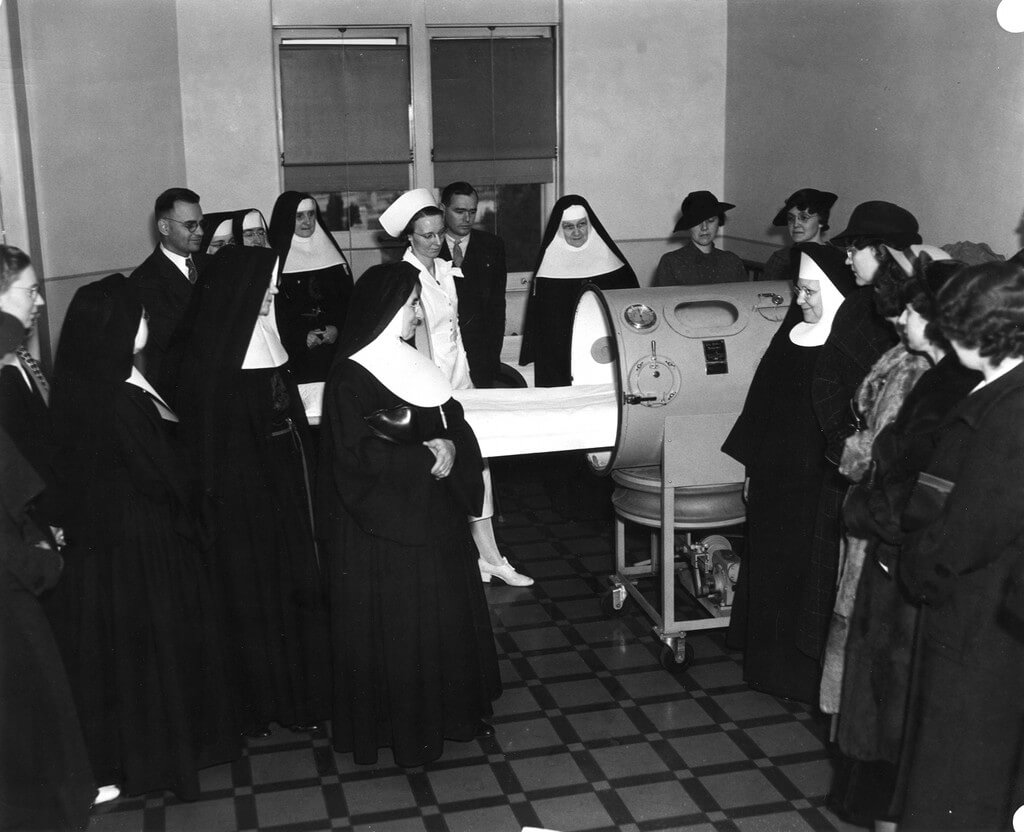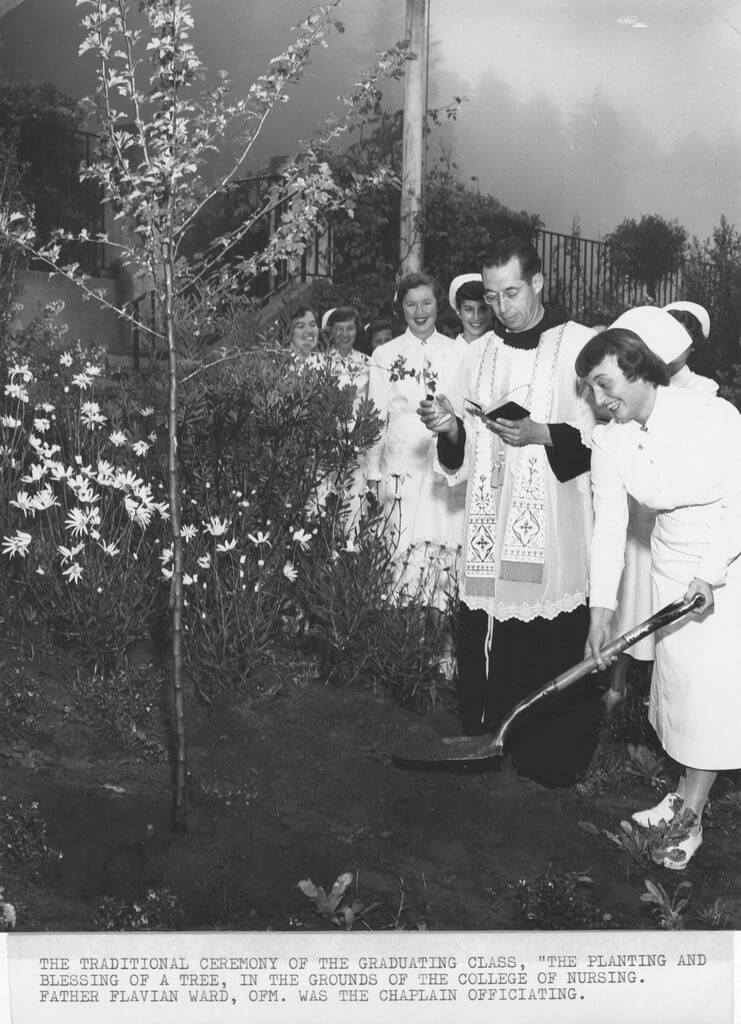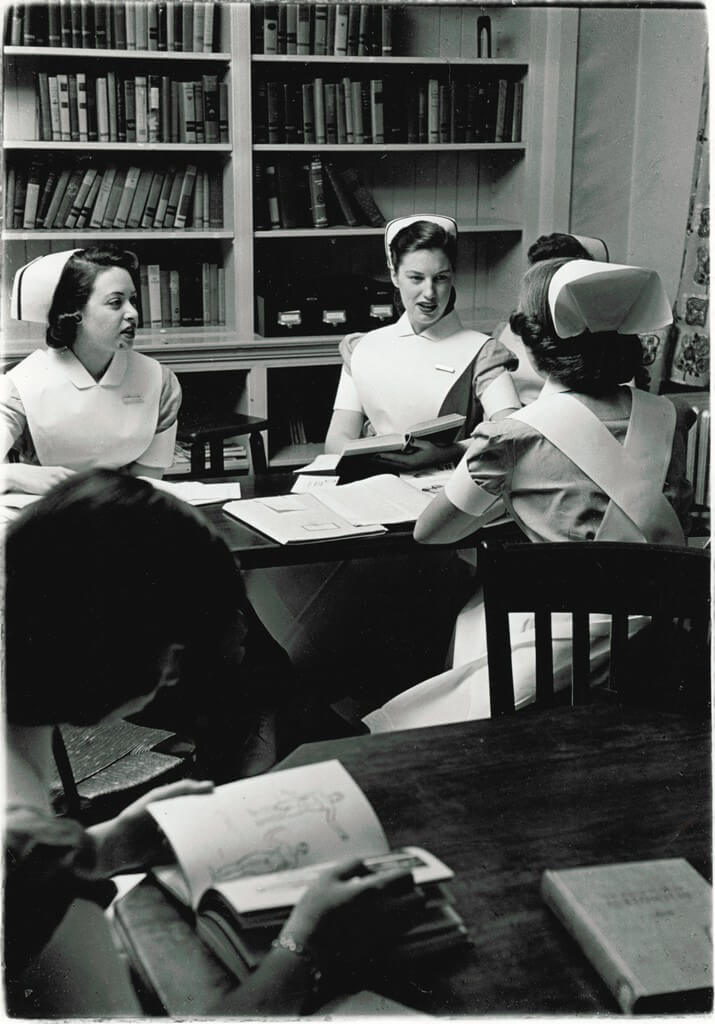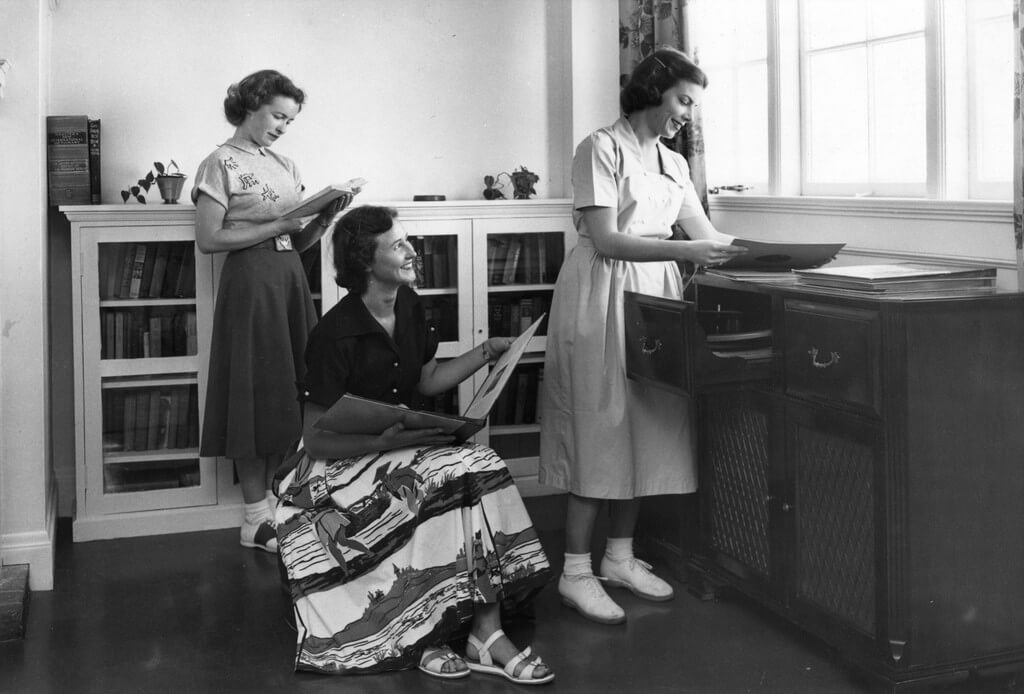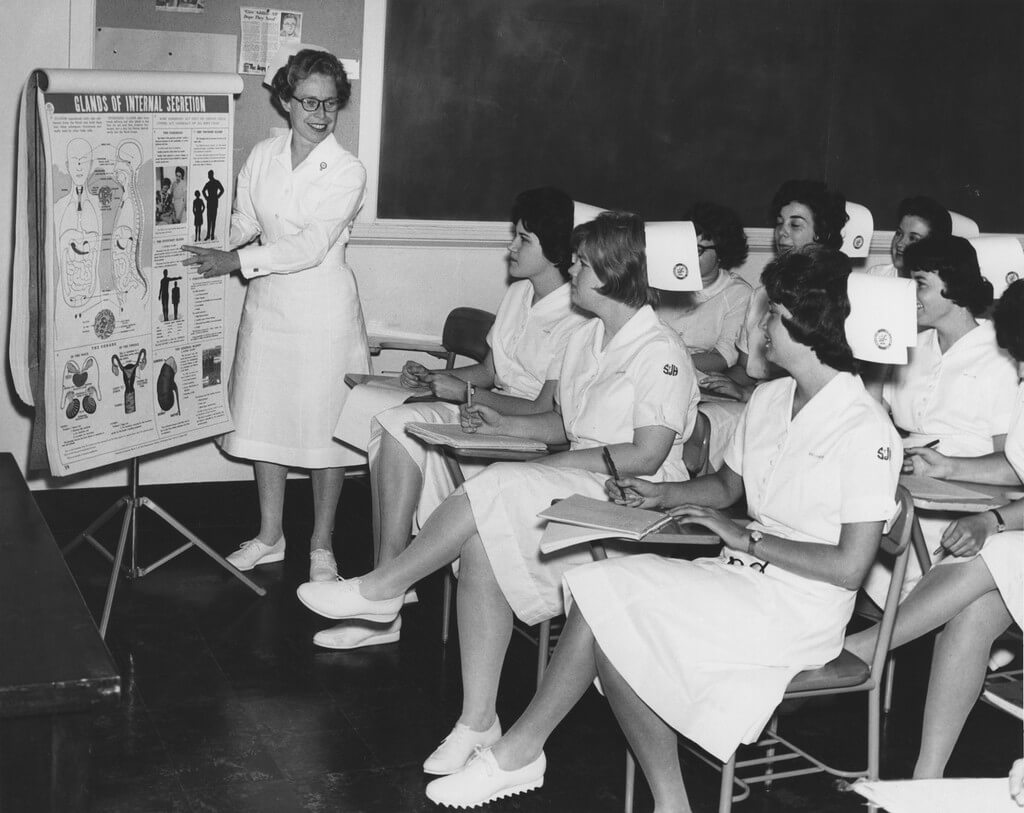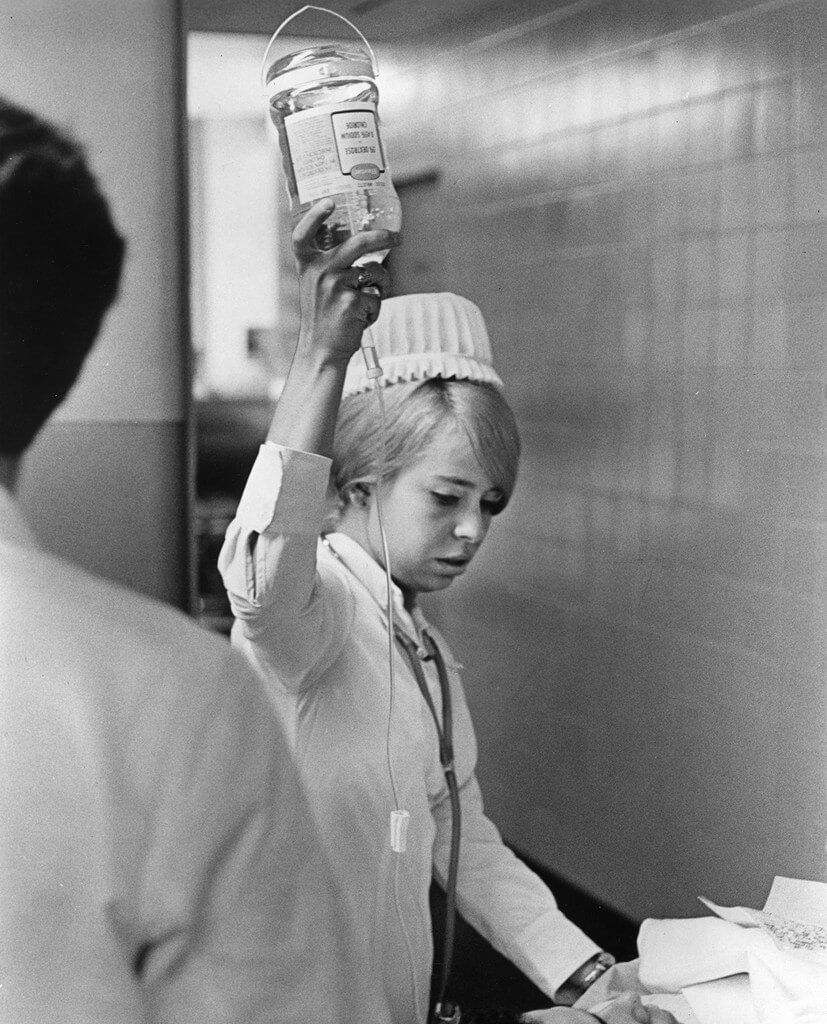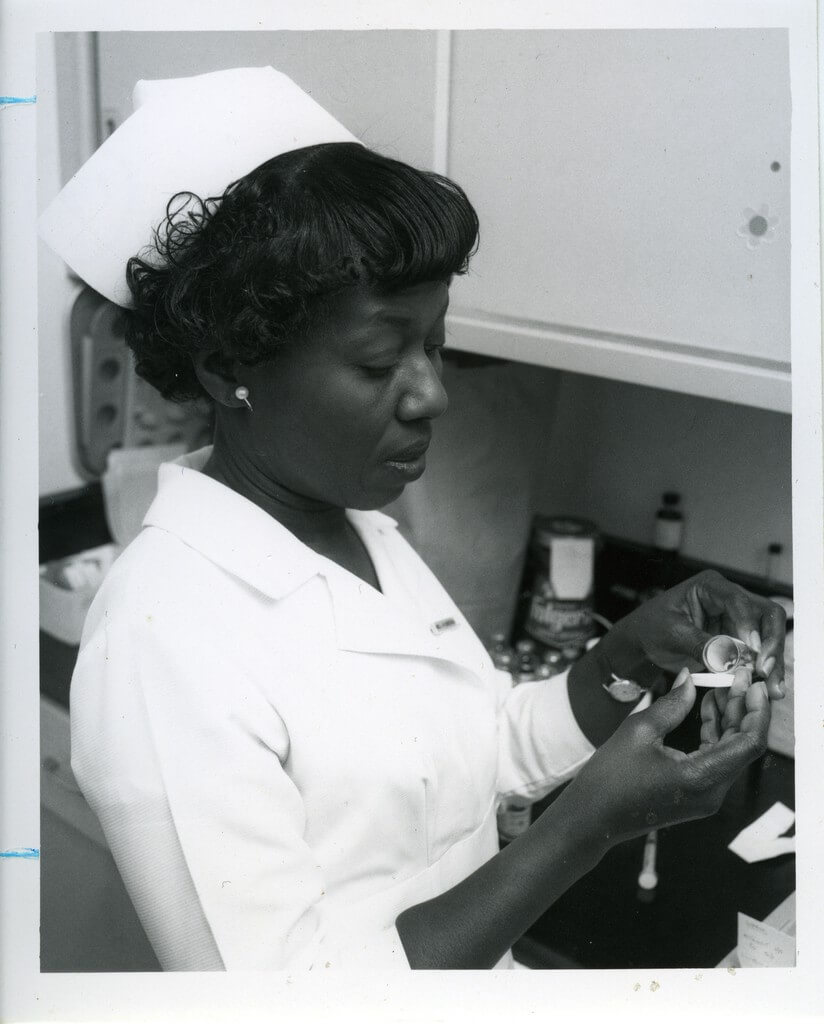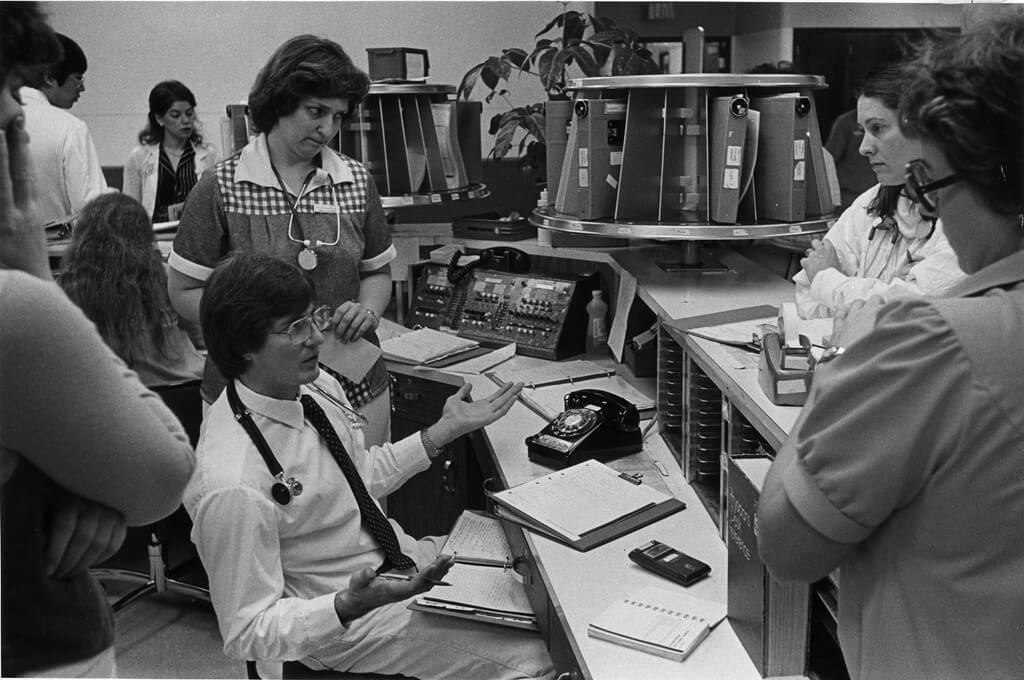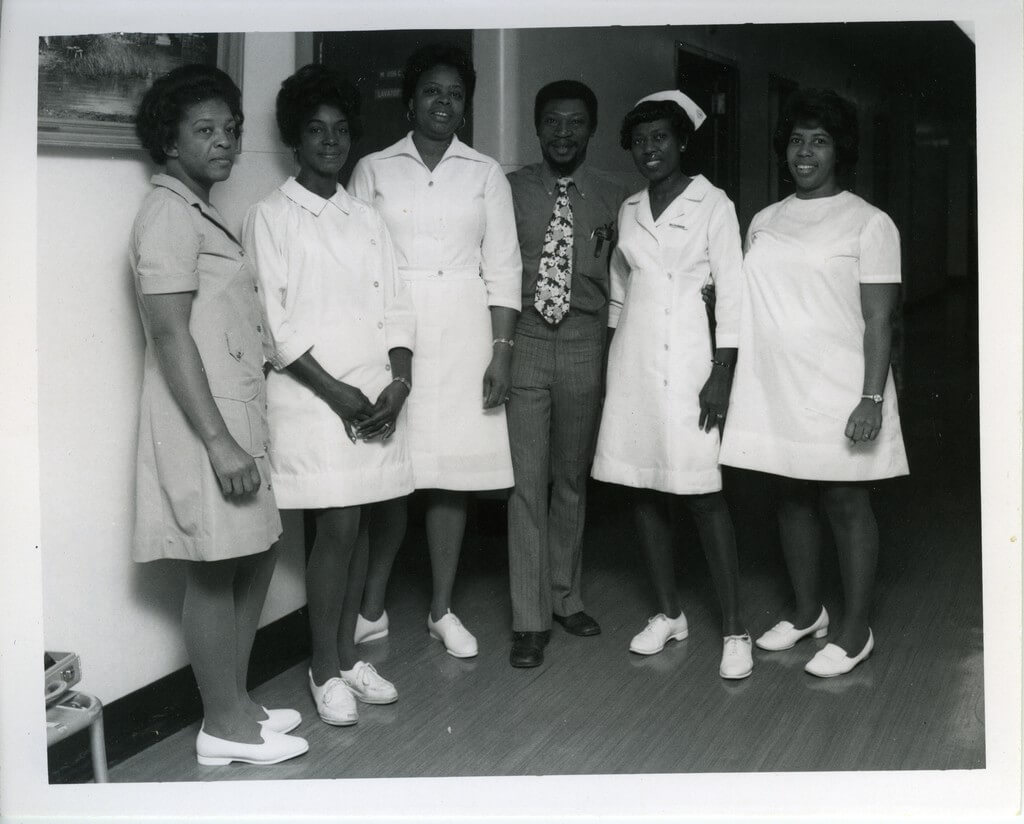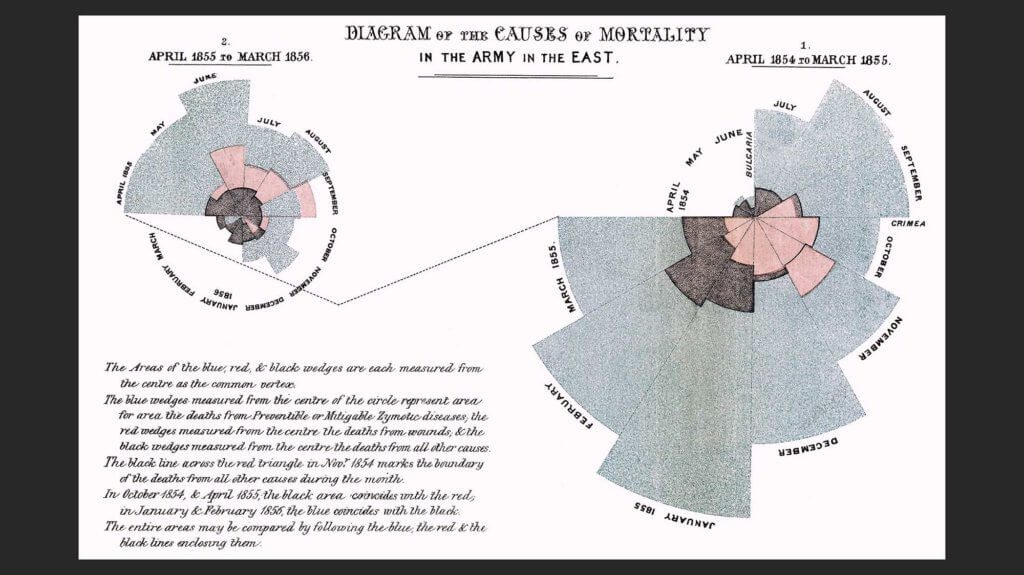Although, in 2020, advice like “wash your hands” and “cover your mouth when you cough” seem fairly obvious and common sense, there was a time when this was not the case. That time was March 1855, when the situation in British hospitals outside of Constantinople (now Istanbul, Turkey) during the Crimean War had become so dire that Florence Nightingale and 40 other women acting as trained volunteer nurses were finally allowed access to patients (they had previously been denied access because of their gender). Hospitals were overcrowded and extremely unsanitary conditions encouraged the spread of infectious diseases like cholera, typhoid, typhus and dysentery, which Nightingale recognized immediately. She implemented basic cleanliness measures, such as baths for patients, clean facilities, and fresh linens, and advocated for an approach that addressed the psychological and emotional, as well as the physical, needs of patients. Her improvements brought a dramatic decline in the mortality rate at these hospitals, which had previously been as high as 40%.
While Nightingale is well known as one of the world’s first nurses, she is less well known for her strikingly lovely data visualizations (including pie charts and a rose-shaped design called the “coxcomb”), which she used to highlight the number of deaths from diseases, in addition to deaths from wounds or injury, during the Crimean War. Nightingale, a mathematician and statistician, recognized the importance of eye-catching visuals in communicating the impact of her innovations.
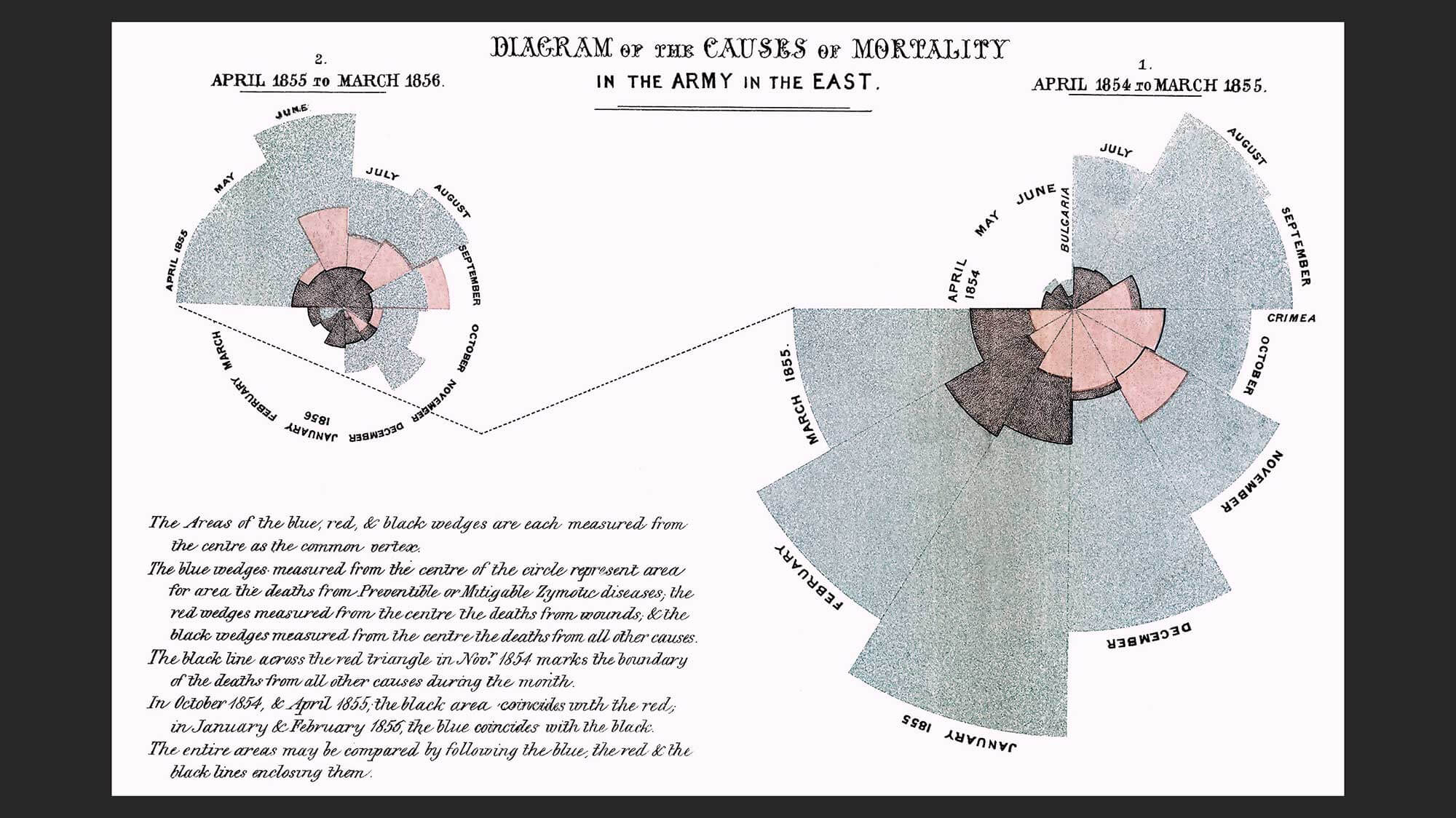
Celebrating National Nurses Week
National Nurses Week begins each year on May 6 (National Nurses Day) and ends each year on May 12 (Florence Nightingale’s birthday). Today, we celebrate the history of nursing and nurses of all kinds, and the essential, life-saving work that they perform. We hope you enjoy this series of digital images from UCSF’s Archives and Special Collections, all digitized and available online through Calisphere. Archives and Special Collections also holds the fascinating Florence Nightingale Memorial Collection, created by Country Joe McDonald of Country Joe & the Fish.
